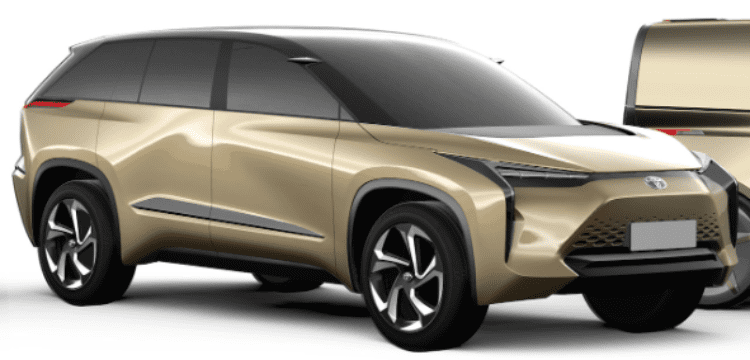[vc_row][vc_column][vc_column_text dp_text_size=”size-4″]Toyota Motor plans to produce an all-solid-state battery-powered electric vehicle as early as 2027, with the technology projected to more than double the car’s range on a single charge.
The intentions were unveiled at a recent briefing at a research site in Shizuoka prefecture by the Japanese manufacturer. The technology is likely to hit the market in 2027 or 2028.
Extending the life of solid-state batteries has been a difficulty that has prevented the technology from reaching commercial viability, but Toyota claims to have conquered it. Clearing the next barrier of mass-production capabilities has the potential to redraw the EV landscape.
“We found high-quality material,” stated Hiroki Nakajima, Chief Technology Officer. “We’ll keep up with the rest of the world and definitely put it to practical use.”
Solid-state EV batteries charge in about 10 minutes and have a range of 1,200 kilometres, which is 2.4 times that of ordinary lithium-ion batteries.
However, solid-state battery electrodes have been shown to expand and shrink frequently during charging cycles. As a result, the electrodes eventually separate from the solid-electrolyte substance, putting the battery at risk.
Also Read: Suzuki is now offering installment payments for used cars with warranties.
Existing solid-state batteries can only be recharged hundreds of times at most, significantly less than the thousands of charges necessary for a commercially available battery.
Toyota is a market leader in solid-state batteries, with over 1,000 patents. Toyota tested a prototype EV using a solid-state battery in 2020. The carmaker hopes to have the batteries installed in hybrid vehicles by the middle of the decade.
Plans call for the ultimate development of a solid-state battery with a range of around 1,500 km from a charge time of less than 10 minutes.
EVs travel less distance per charge than petrol and hybrid vehicles due to existing battery technology.
Toyota’s EV, the bZ4X, has a range of about 600 kilometres on a 30-minute charge. The all-electric Ariya from Nissan Motor covers 380 km on a 45-minute charge. After just 15 minutes of charging, Tesla’s Model Y can travel up to 260 kilometres.

The capacity to scale up production while lowering costs will be critical to the widespread adoption of solid-state batteries. According to the Japan Science and Technology Agency, the batteries now cost between 60,000 and 350,000 yen ($430 to $2,500) per kilowatt-hour to manufacture. This is four to twenty-five times the 14,000 yen per kWh price of lithium-ion batteries.
When automakers reach the early stages of feasibility for solid-state batteries, “it’s very likely that they’ll be installed for a limited range of models, such as luxury vehicles,” said Hironori Kobayashi, principal research manager of Japan’s National Institute of Advanced Industrial Science and Technology’s Research Institute of Electrochemical Energy.
Solid-state batteries are being researched and developed by companies all over the world. According to Tokyo-based research group Fuji Keizai, the market for all-solid-state batteries will reach 3.86 trillion yen by 2040.
Nissan intends to launch an electric vehicle using a solid-state battery by the end of fiscal 2028. BMW plans to unveil a concept car with a battery by 2025, followed by full production by 2030.
Toyota intends to use solid-state batteries to advance its EV operations. Last year, the company sold roughly 20,000 EVs globally, but it hopes to increase yearly sales to 1.5 million units by 2026 and 3.5 million EVs by 2030.
Toyota, on the other hand, is improving the performance of its lithium-ion batteries. The business plans to introduce a next-generation EV with a range of around 1,000 miles on a 20-minute charge as early as 2026.[/vc_column_text][/vc_column][/vc_row]











